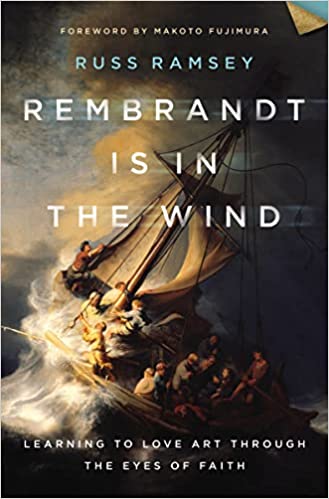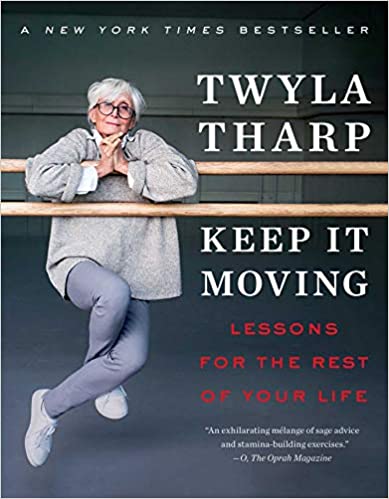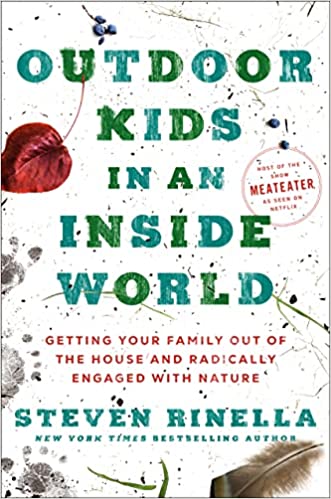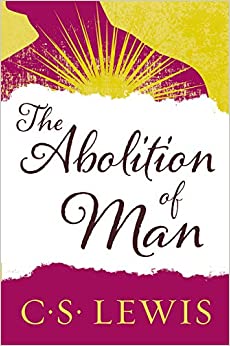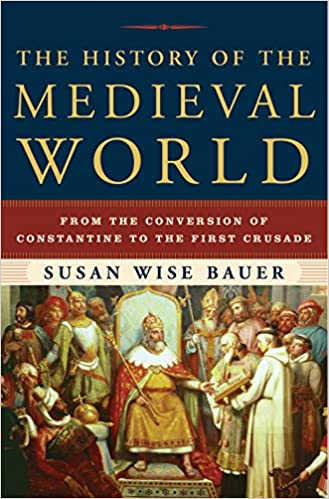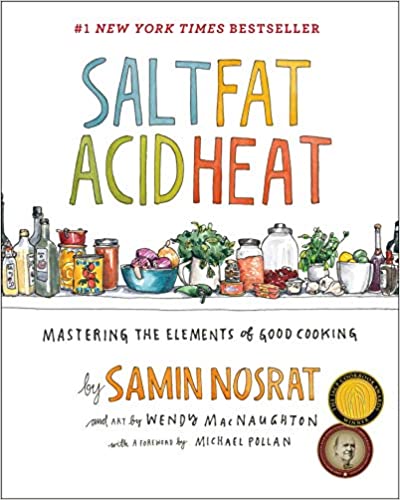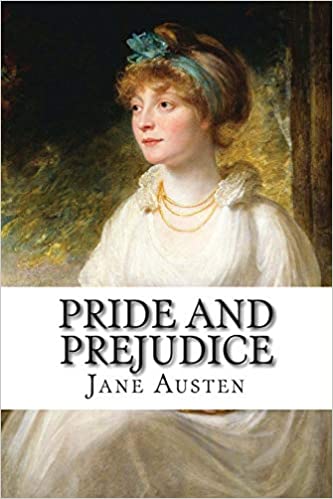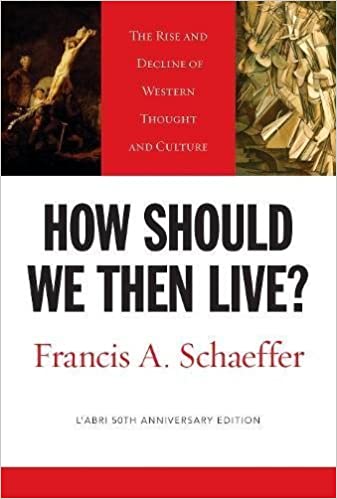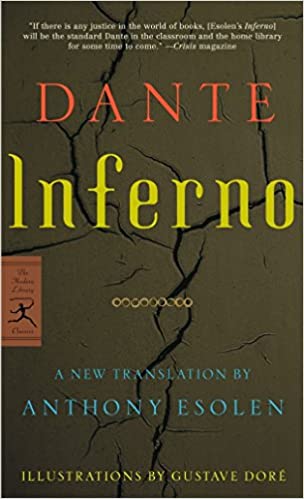Built to Move: The Ten Essential Habits to Help You Move Freely and Live Fully
After decades spent working with pro-athletes, Olympians, and Navy Seals, mobility pioneers Kelly and Juliet Starrett began thinking about the physical well-being of the rest of us. What makes a durable human? How do we continue to feel great and function well as we age? And how do we counteract the effects of technology-dependence, sedentary living, and other modern ways of life on our body’s natural need for activity?
The answers lie in an easy-to-use formula for basic mobility maintenance: 10 tests + 10 physical practices = 10 ways to make your body work better
The book offers:
- Easy mobilization practices to increase range of motion and avoid injury
- Intuitive ways to integrate more movement into your daily life and escape sedentary habits
- No-fuss guidelines for improving nutrition and sleep
- Basic breathing practices to manage stress and pain
- Quick and simple assessments to gauge progress and what needs improvement
- Tips and perspectives on healthy aging
It’s full of foundational wisdom for everyone from beginners to professional athletes and everyone in between. Built to Move introduces readers to a set of simple principles and practices that are undemanding enough to work into any busy schedule, lead to greater ease of movement, better health, and a happier life doing whatever it is you love to do—and want to continue doing as long as you live. This book is your game plan for the long game.
More info →Rembrandt is in the Wind: Learning to Love Art through the Eyes of Faith
Did you know Vincent van Gogh sold only one painting during his lifetime and that during the last three months of his life he completed an average of one painting every day?
Did you know that Michelangelo's David is covered in a dusting of human skin?
Did you know Caravaggio murdered several people while he was painting some of the most glorious paintings of biblical scenes the world has ever known?
Rembrandt Is in the Wind by Russ Ramsey is an invitation to discover some of the world's most celebrated artists and works, while presenting the gospel of Christ in a way that speaks to the struggles and longings common to the human experience.
The book is part art history, part biblical study, part philosophy, and part analysis of the human experience; but it's all story. The lives of the artists in this book illustrate the struggle of living in this world and point to the beauty of the redemption available to us in Christ. Each story is different. Some conclude with resounding triumph while others end in struggle. But all of them raise important questions about humanity's hunger and capacity for glory, and all of them teach us to love and see beauty.
More info →Keep It Moving: Lessons for the Rest of Your Life
A NEW YORK TIMES BESTSELLER
One of the world’s legendary artists and bestselling author of The Creative Habit shares her secrets—from insight to action—for harnessing vitality, finding purpose as you age, and expanding one’s possibilities over the course of a lifetime in her newest New York Times bestseller Keep It Moving.
At seventy-eight, Twyla Tharp is revered not only for the dances she makes—but for her astounding regime of exercise and nonstop engagement. She is famed for religiously hitting the gym each morning at daybreak, and utilizing that energy to propel her breakneck schedule as a teacher, writer, creator, and lecturer. This book grew out of the question she was asked most frequently: “How do you keep working?”
Keep It Moving is a series of no-nonsense mediations on how to live with purpose as time passes. From the details of how she stays motivated to the stages of her evolving fitness routine, Tharp models how fulfillment depends not on fortune—but on attitude, possible for anyone willing to try and keep trying. Culling anecdotes from Twyla’s life and the lives of other luminaries, each chapter is accompanied by a small exercise that will help anyone develop a more hopeful and energetic approach to the everyday.
Twyla will tell you what the beauty-fitness-wellness industry won’t: chasing youth is a losing proposition. Instead, Keep It Moving focuses you on what’s here and where you’re going—the book for anyone who wishes to maintain their prime for life.
More info →Outdoor Kids in an Inside World: Getting Your Family Out of the House and Radically Engaged with Nature
NEW YORK TIMES BESTSELLER • “An imperative call to action” (Nick Offerman) to get children off their screens and into nature, with tips for bonding activities that teach the importance of outside time and build tough, curious, competent kids—from the New York Times bestselling author and host of the TV series and podcast MeatEater
“A revelation for families struggling to get kids to GO OUTSIDE, or to just stop using the darn smartphone.”—Michaeleen Doucleff, PhD, New York Times bestselling author of Hunt, Gather, Parent
In the era of screens and devices, the average American spends 90 percent of their time indoors, and children are no exception. Not only does this phenomenon have consequences for kids’ physical and mental health, it jeopardizes their ability to understand and engage with anything beyond the built environment.
Thankfully, with the right mind-set, families can find beauty, meaning, and connection in a life lived outdoors. Here, outdoors expert Steven Rinella shares the parenting wisdom he has garnered as a father whose family has lived amid the biggest cities and wildest corners of America. Throughout, he offers practical advice for getting kids radically engaged with nature in a muddy, thrilling, hands-on way, with the ultimate goal of helping them see their own place within the natural ecosystem. No matter their location—rural, suburban, or urban—caregivers and kids will bond over activities such as:
• Camping to conquer fears, build tolerance for dirt and discomfort, and savor the timeless pleasure of swapping stories around a campfire.
• Growing a vegetable garden to develop a capacity to nurture and an appreciation for hard work.
• Fishing local lakes and rivers to learn the value of patience while grappling with the possibility of failure.
• Hunting for sustainably managed wild game to face the realities of life, death, and what it really takes to obtain our food.
Living an outdoor lifestyle fosters in kids an insatiable curiosity about the world around them, confidence and self-sufficiency, and, most important, a lifelong sense of stewardship of the natural world. This book helps families connect with nature—and one another—as a joyful part of everyday life.
More info →Wine: A Beginner’s Guide
Everything you need to know about the fruit of the vine―From A to Zinfandel.
If you enjoy wine―but can’t articulate why―you’re not alone! From terroir to global varieties, Wine: A Beginner’s Guide breaks down the complex bouquets of winemaking and tasting into ways that are fun and easy to understand.
Learn what really makes a cabernet sauvignon red. Taste how it’s possible to detect a hint of leather, chocolate, or even rubber in a single sip. Confidently discuss the subtleties of different types of grapes with the guide that has everything you need to know to grow your love of wine.
More info →The Abolition of Man
From Amazon: "In the classic The Abolition of Man, C.S. Lewis, the most important Christian writer of the 20th century, sets out to persuade his audience of the importance and relevance of universal values such as courage and honor in contemporary society. Both astonishing and prophetic, The Abolition of Man is one of the most debated of Lewis's extraordinary works. National Review chose it as number seven on their 100 Best Nonfiction Books of the Twentieth Century."
More info →The History of the Medieval World: From the Conversion of Constantine to the First Crusade
From Amazon:
"In her earlier work, The History of the Ancient World, Susan Wise Bauer wrote of the rise of kingship based on might. But in the years between the fourth and twelfth centuries, rulers had to find new justification for their power, and they turned to divine truth or grace to justify political and military action. Right began to replace might as the engine of empire.
Not just Christianity and Islam but also the religions of the Persians, the Germans, and the Mayas were pressed into the service of the state. Even Buddhism and Confucianism became tools for nation building. This phenomenon―stretching from the Americas all the way to Japan―changed religion, but it also changed the state.
The History of the Medieval World is a true world history, linking the great conflicts of Europe to the titanic struggles for power in India and Asia. In its pages, El Cid and Guanggaeto, Julian the Apostate and the Brilliant Emperor, Charles the Hammer and Krum the Bulgarian stand side by side. From the schism between Rome and Constantinople to the rise of the Song Dynasty, from the mission of Muhammad to the crowning of Charlemagne, from the sacred wars of India to the establishment of the Knights Templar, this erudite book tells the fascinating, often violent story of kings, generals, and the peoples they ruled."
More info →The Martian – classroom edition
From Amazon:
"Six days ago, astronaut Mark Watney became one of the first people to walk on Mars.
Now, he's sure he'll be the first person to die there.
After a dust storm nearly kills him and forces his crew to evacuate while thinking him dead, Mark finds himself stranded and completely alone with no way to even signal Earth that he’s alive—and even if he could get word out, his supplies would be gone long before a rescue could arrive.
Chances are, though, he won't have time to starve to death. The damaged machinery, unforgiving environment, or plain-old "human error" are much more likely to kill him first."
More info →Salt, Fat, Acid, Heat
From Amazon:
"In the tradition of The Joy of Cooking and How to Cook Everything comes Salt, Fat, Acid, Heat, an ambitious new approach to cooking by a major new culinary voice. Chef and writer Samin Nosrat has taught everyone from professional chefs to middle school kids to author Michael Pollan to cook using her revolutionary, yet simple, philosophy. Master the use of just four elements—Salt, which enhances flavor; Fat, which delivers flavor and generates texture; Acid, which balances flavor; and Heat, which ultimately determines the texture of food—and anything you cook will be delicious. By explaining the hows and whys of good cooking, Salt, Fat, Acid, Heat will teach and inspire a new generation of cooks how to confidently make better decisions in the kitchen and cook delicious meals with any ingredients, anywhere, at any time."
More info →Pride and Prejudice
Pride and Prejudice is a novel of manners by Jane Austen, first published in 1813. The story follows the main character, Elizabeth Bennet, as she deals with issues of manners, upbringing, morality, education, and marriage in the society of the landed gentry of the British Regency. Elizabeth is the second of five daughters of a country gentleman living near the fictional town of Meryton in Hertfordshire, near London.
Set in England in the early 19th century, Pride and Prejudice tells the story of Mr and Mrs Bennet's five unmarried daughters after the rich and eligible Mr Bingley and his status-conscious friend, Mr Darcy, have moved into their neighbourhood. While Bingley takes an immediate liking to the eldest Bennet daughter, Jane, Darcy has difficulty adapting to local society and repeatedly clashes with the second-eldest Bennet daughter, Elizabeth.
Though Austen set the story at the turn of the 19th century, it retains a fascination for modern readers, continuing near the top of lists of "most loved books." It has become one of the most popular novels in English literature, selling over 20 million copies, and receives considerable attention from literary scholars. Modern interest in the book has resulted in a number of dramatic adaptations and an abundance of novels and stories imitating Austen's memorable characters or themes.
More info →How Should We Then Live? The Rise and Decline of Western Thought and Culture
Drawing upon forty years of study in theology, philosophy, history, sociology and the arts, Dr. Schaeffer contemplates the reasons for modern society's sorry state of affairs and argues for total affirmation of the Bible's morals, values, and meaning.
More info →Inferno (The Divine Comedy)
An extraordinary new verse translation of Dante’s masterpiece, by poet, scholar, and lauded translator Anthony Esolen
Of the great poets, Dante is one of the most elusive and therefore one of the most difficult to adequately render into English verse. In the Inferno, Dante not only judges sin but strives to understand it so that the reader can as well. With this major new translation, Anthony Esolen has succeeded brilliantly in marrying sense with sound, poetry with meaning, capturing both the poem’s line-by-line vigor and its allegorically and philosophically exacting structure, yielding an Inferno that will be as popular with general readers as with teachers and students. For, as Dante insists, without a trace of sentimentality or intellectual compromise, even Hell is a work of divine art.
Esolen also provides a critical Introduction and endnotes, plus appendices containing Dante’s most important sources—from Virgil to Saint Thomas Aquinas and other Catholic theologians—that deftly illuminate the religious universe the poet inhabited.
More info →

